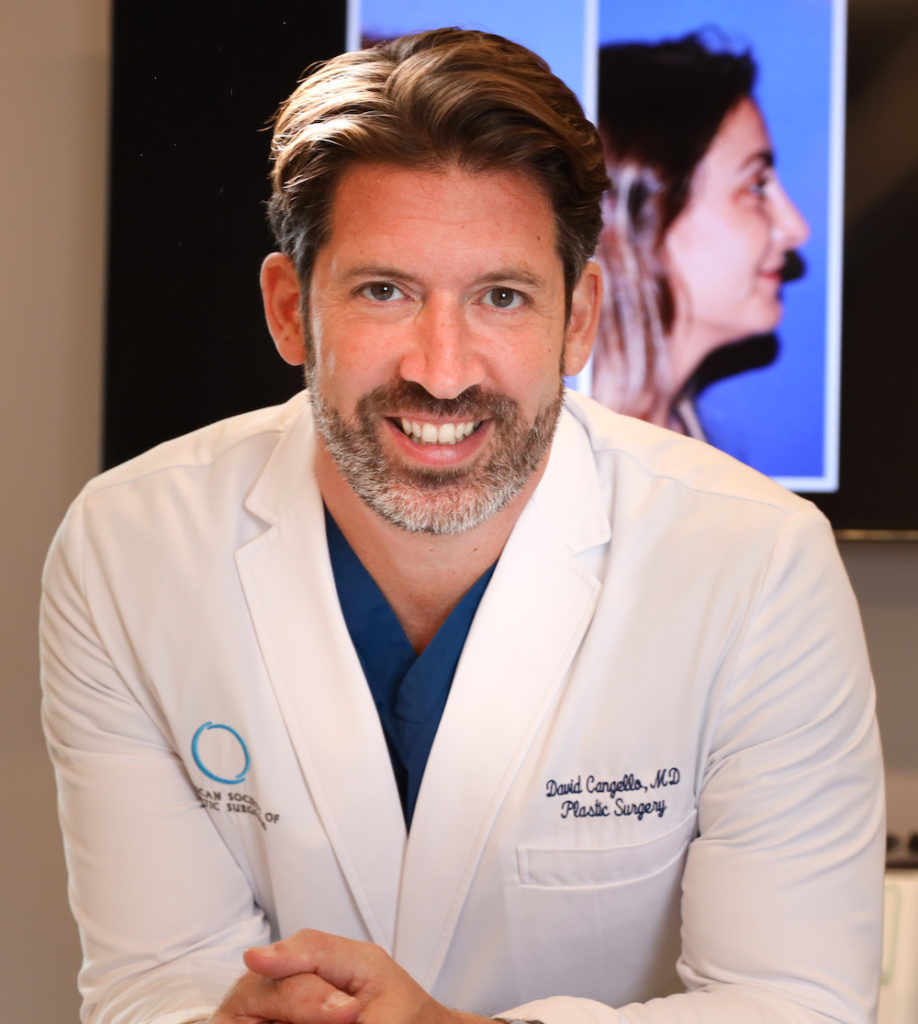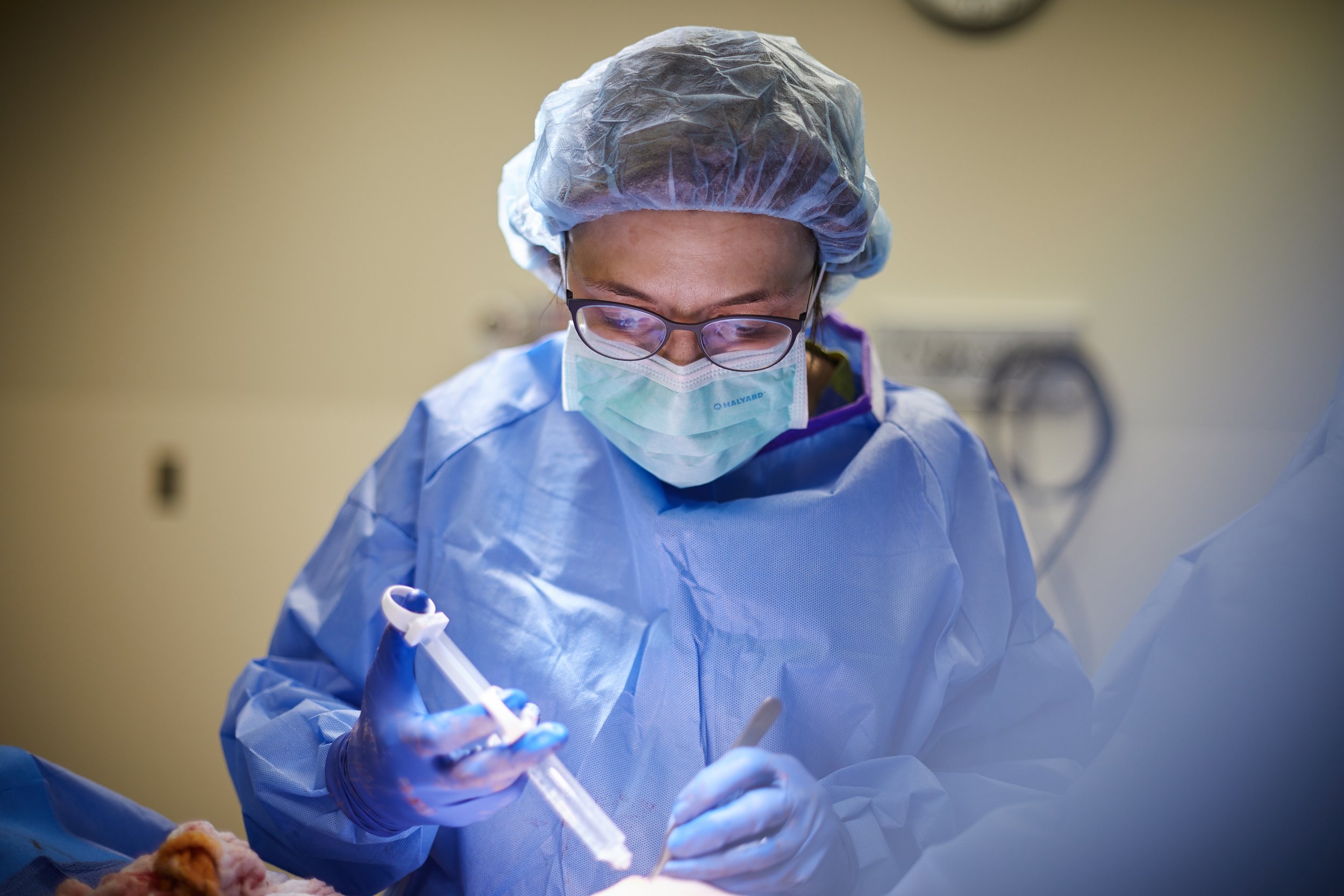Exploring the Mental and Social Aspects That Drive People to Consider Aesthetic Surgery as a way of Renovation
The decision to go after plastic surgery typically prolongs past mere aesthetics, linking with psychological and social dynamics that merit detailed evaluation. Aspects such as self-confidence, prevalent social beauty requirements, and the prevalent impact of social media assemble to form specific inspirations for medical enhancement. As these influences become increasingly prominent, understanding the underlying social and psychological contexts is necessary. What continues to be to be explored is the profound impact these factors have not only on personal identification but also on wider social norms and values bordering elegance and acceptance.
The Duty of Self-Esteem
Self-confidence considerably affects an individual's choice to pursue cosmetic surgery. Individuals with reduced self-esteem often view themselves in an adverse light, leading to feelings of insufficiency concerning their physical appearance.

Ultimately, the role of self-worth in the decision-making process pertaining to cosmetic surgical treatment highlights the complicated interplay between body photo, individual complete satisfaction, and psychological health and wellness. Comprehending this connection is crucial for health care experts to make sure that individuals are making educated decisions rooted in realistic expectations and emotional wellness.
Societal Appeal Standards
Influenced by pervasive media portrayals and social stories, societal beauty criteria play an essential role fit people' understandings of their very own bodies. These requirements are typically characterized by an idyllic type of beauty that emphasizes traits such as symmetry, slimness, and youthful vigor. As these perfects are bolstered through various networks, consisting of movie, television, and marketing, people frequently internalize these messages, leading to frustration with their all-natural appearance.
The ramifications of these societal standards expand beyond visual preferences; they can impact self-worth, mental wellness, and interpersonal connections. People that perceive themselves as dropping short of these standards may experience feelings of inadequacy, motivating a wish for cosmetic surgical treatment as a way of achieving social approval. This pursuit is typically sustained by the belief that adapting these suitables will certainly improve not only physical look however also social standing and personal fulfillment.

Impact of Social Media
The effect of social beauty requirements is additional enhanced by the surge of social media sites platforms, where curated images and idealized representations of elegance are common. Users are continuously exposed to filteringed system and modified photos, which typically portray unattainable physical characteristics. This direct exposure grows a society of comparison, leading individuals to analyze their very own appearance against these commonly impractical criteria.
Social media influencers and stars often advertise aesthetic procedures, normalizing the concept that medical enhancements are a sensible ways i loved this for attaining social ideals (plastic surgery rancho cucamonga). The visibility of these enhancements can produce an assumption that undergoing cosmetic surgical procedure is a typical practice, thereby influencing individuals to think about similar interventions as a pathway to boosted self-worth and social approval
Furthermore, the interactive nature of social media sites allows for immediate feedback through likes and comments, even more strengthening the desire to adapt to prominent appeal criteria. Such communications can exacerbate feelings of inadequacy and drive people toward plastic surgery as a way of acquiring validation. Inevitably, social media plays a critical role fit understandings of charm, which substantially influences the decision-making processes surrounding plastic surgery.

Social Point Of Views on Look
Throughout numerous societies, understandings of appearance are deeply rooted in historical, social, and economic contexts, shaping people' sights on elegance and worth. In many societies, appearance works as a significant marker of identification, affecting social condition, professional opportunities, and individual connections. For instance, in some societies, light skin is typically connected with wide range and opportunity, while others may idealize darker skin tones as signs of toughness and authenticity.
Moreover, conventional beauty criteria are commonly continued through social narratives, media representations, and family members affects, leading to differing suitables across various regions (plastic surgery rancho cucamonga). In Western societies, the emphasis on young people and fitness usually drives people toward aesthetic improvement, while in certain Eastern cultures, more subtle changes straightened with standard appearances may be preferred
Globalization and the expansion of digital media have further made complex these dynamics, developing a hybridization of charm ideals that goes beyond geographical boundaries. As people increasingly browse these cultural stories, the stress to adapt specific look standards can cause the need for see here now cosmetic surgery, mirroring a complicated interplay of social values and individual ambitions. Understanding these cultural perspectives is essential in dealing with the inspirations behind plastic surgery considerations.
Psychological Impacts of Cosmetic Surgery
Many individuals seeking cosmetic surgical procedure record experiencing extensive psychological influences that can considerably change their self-perception and emotional well-being - plastic surgery rancho cucamonga. The wish for physical improvement often comes from underlying problems such as low self-esteem, body dysmorphic problem, or societal stress pertaining to elegance requirements. For some, the instant post-operative stage can cause a short-term boost in confidence and complete satisfaction with their appearance, fostering a feeling of empowerment
Nevertheless, these positive feelings may not be enduring. Research indicates that while some clients experience boosted self-confidence, others may deal with heightened anxiety or clinical depression if their expectations are not met. This her explanation disparity can arise from impractical suitables bolstered by media depiction and social narratives bordering charm.
Furthermore, the emotional implications of plastic surgery extend past the individual. Relationships with friends and family might be strained as social dynamics shift, causing feelings of seclusion or alienation. Ultimately, the emotional influences of cosmetic surgery are diverse and intricate, needing careful factor to consider by both potential patients and medical care service providers to make sure educated decision-making and practical expectations.
Conclusion
In final thought, the choice to pursue plastic surgery is significantly affected by a mix of self-worth issues, societal beauty standards, and cultural perspectives on look. The pervasive reach of social media sites better intensifies these pressures, advertising unrealistic ideals that individuals usually aim to attain. Comprehending these psychological and social elements is important for addressing the inspirations behind plastic surgery, highlighting the demand for an extra nuanced conversation surrounding charm and self-acceptance in contemporary culture.
The choice to go after cosmetic surgical treatment typically extends past simple appearances, linking with emotional and social characteristics that warrant complete assessment. Ultimately, social media plays a pivotal duty in forming understandings of charm, which considerably impacts the decision-making procedures bordering cosmetic surgical treatment.
As people significantly navigate these social stories, the pressure to adapt to specific look criteria can lead to the wish for cosmetic surgical procedure, showing a complex interaction of social worths and personal aspirations.In final thought, the decision to seek cosmetic surgical treatment is considerably influenced by a mix of self-confidence problems, societal beauty criteria, and social point of views on look. Recognizing these social and emotional aspects is necessary for resolving the inspirations behind cosmetic surgery, highlighting the demand for a more nuanced conversation surrounding beauty and self-acceptance in modern culture.